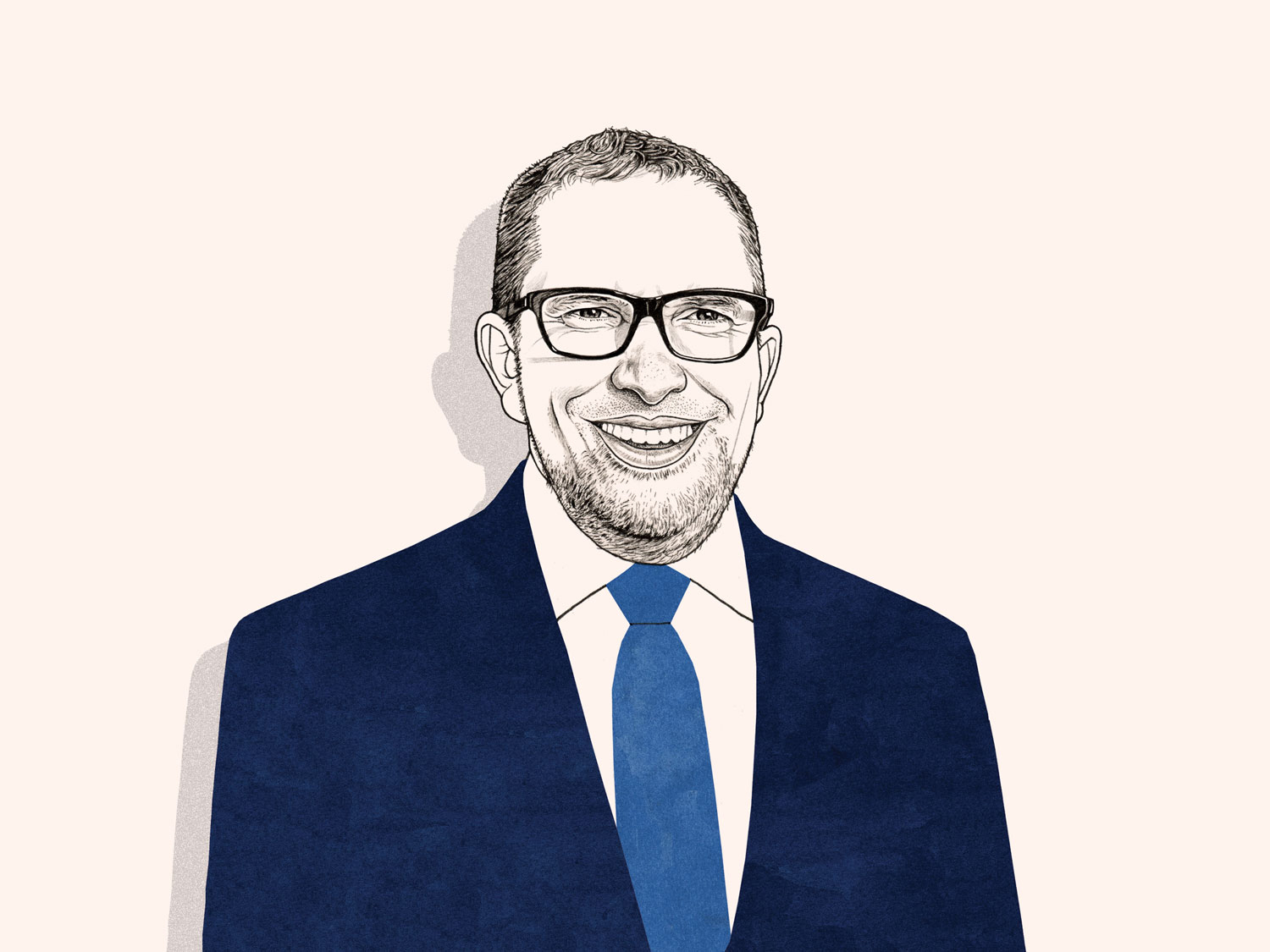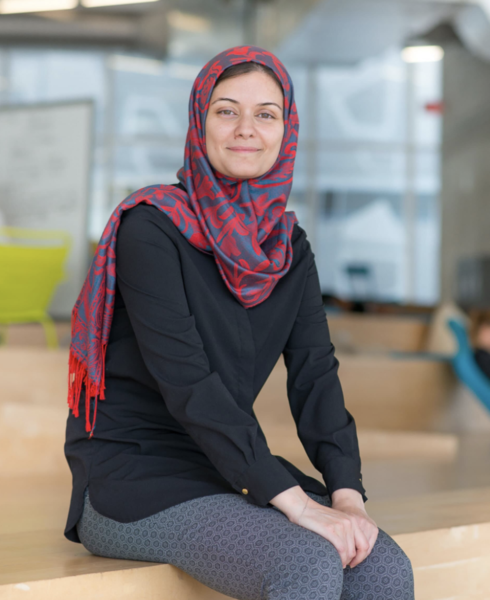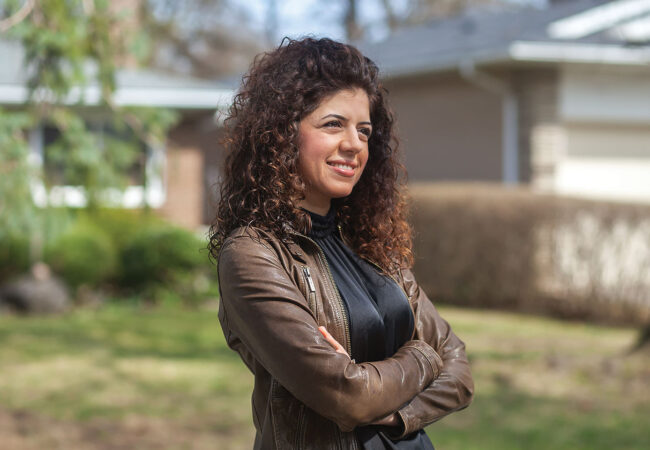In an era marked by rapid change, 2020 stands out. A year ago, we were celebrating the start of a new decade. A few months later we were all affected by a pandemic, our daily lives anything but normal.
While COVID-19 was the first obstacle, the social upheaval that followed has the potential to inspire fundamental changes in our political, economic and social landscape for generations. At Ryerson, this broader public awareness has led us to focus even more on values that are deeply embedded in the culture of the university.
This edition of Ryerson University Magazine highlights some of the ways these challenges are playing out at our university, from our Anti-Black Racism Campus Climate Review, and how we shape campus safety protocols, to the launch of our new law school, and the legacy of Egerton Ryerson’s relationship to the Indigenous community and residential schools. The issue also profiles the efforts of students, faculty, staff and alumni who are pushing human rights forward in a variety of ways.
I welcome this renewed focus, as I believe that universities play an important role in shaping not only the discussion but also leading by example when it comes to justice, equity and human rights. My belief in the connection between human rights and education is the result of my own life experiences. I was born in Algeria just two days after the war of independence from France came to an end.
Living under colonial rule, my parents and grandparents had many opportunities taken from them, the greatest being access to education. National independence marked the start of a long journey for my parents to transform the destiny of their children through education, one of the most fundamental of human rights. The sacrifices they made have inspired my life and career.
Though we have seen human rights campaigns over the years, I think this time is different. My optimism stems from the fact that change is being driven by a new generation of youth seeking real, universal change, not simply piecemeal responses to singular grievances (valid as they may be). I also see a willingness among Canadians for transparent and honest dialogue, and a desire to understand the need for change.
At Ryerson, that translates into real action: building a law school focused on access to legal education, as well as access to justice for Canadians, taking an honest look at Indigenous issues in history, and embracing a culture of anti-racism.
It is my sincere hope that fundamental progress on human rights will be the most important legacy of 2020.





